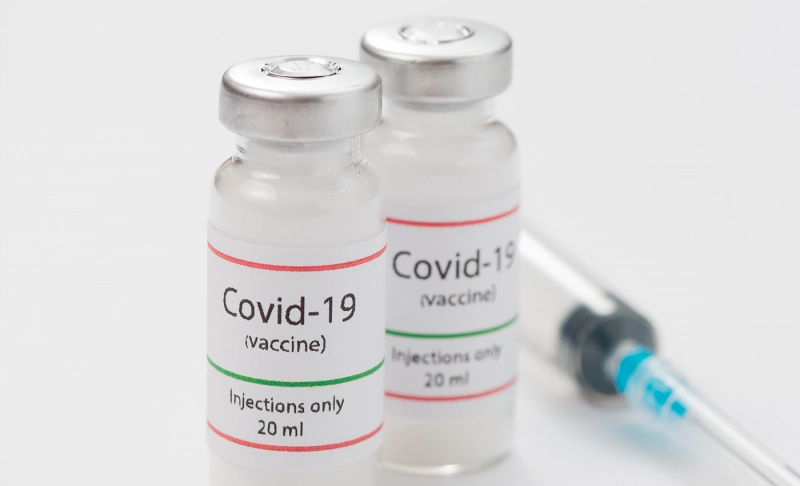By: Ranjini K
February 26 2021

South Africa has not started administrating the vaccine to people below the age of 18 and therefore the claim is false.
South Africa has not started administrating the vaccine to people below the age of 18 and therefore the claim is false. South African government signed a deal with the Serum Institute of India to procure 1.5 million doses of their COVID-19 vaccine. The first batch containing 1 million doses arrived at Johannesburg's O.R. Tambo International Airport on February 1, and the second batch with another 500,000 doses will arrive later in February. The vaccine will be distributed in three phases; in the first phase, 1,250,000 healthcare workers will be vaccinated, according to a vaccine rollout strategy chart tweeted by the country’s Health Minister, Dr. Zweli Mkhize. In the second phase, 2,500,00 essential workers, 1,100,00 persons in congregate settings, people above the age of 60 years, and people above the age of 18 years with comorbidities will be administered a dose. In the final phase, around 22,500,000 people above the age of 18 will be given the shot. However, no plan was laid out for those below 18. The first jab is expected to be given in mid-February after the country’s drug regulatory authorities approve the vaccine, the Mint reported. South Africa’s government intends to inoculate 40 million people, representing 67 percent of the country’s population of 60 million, by the end of the year, the report added. The primary analysis of Phase III clinical trials from the UK, Brazil, and South Africa, published as a preprint in the medical journal, The Lancet, shows vaccine efficacy of 76 percent after the first dose, with protection maintained to the second dose. After an interval of 12 weeks or more, vaccine efficacy increased to 82%. Since only adults above18-years of age are a part of the country's vaccine rollout plan, the claim that the children are refusing to get vaccinated is false. The COVID-19 pandemic has given rise to a lot of potentially dangerous misinformation. For reliable advice on COVID-19 including symptoms, prevention and available treatment, please refer to the World Health Organisation or your national healthcare authority.